Nissan-Honda Merger Talks Collapse: Foxconn Poised to Step In?
![]() 02/07 2025
02/07 2025
![]() 387
387
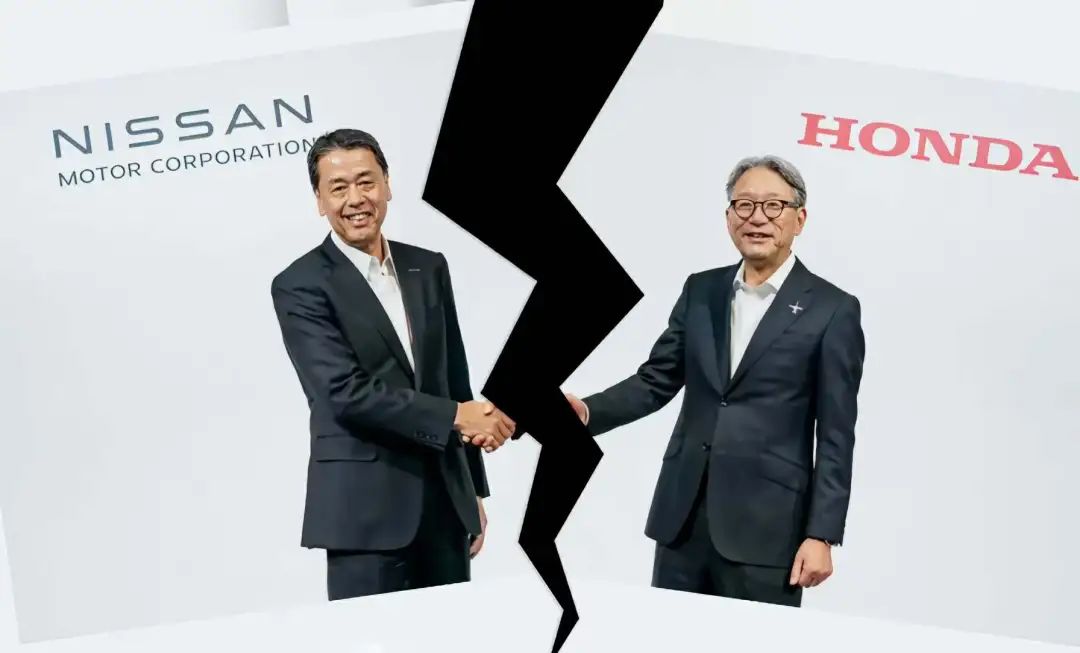
Seeking New Allies After a Brief Courtship
Author | Liu Yajie
Editor | Qin Zhangyong
The saga between Nissan and Honda is about to take an unexpected turn.
The latest news is that Nissan Motor CEO Makoto Uchida officially informed Honda CEO Toshihiro Mibe yesterday that Nissan would terminate its proposed merger with Honda.
Thus, the plan for the world's third-largest automaker to join forces ended abruptly.
Surprisingly, both companies' share prices surged after abandoning the merger plan. On the day the news broke, Nissan's share price jumped by as much as 8.7%, while Honda's rose by 9%.
Since both parties signed a memorandum of understanding (MOU) on December 23, 2024, the proposed merger has been a major talking point in the automotive industry. However, the negotiation process appears to have been fraught with challenges.
It seems that Foxconn now has an opportunity.
01 Imperial Discord
It ended so swiftly before it even truly began.
The main issue leading to its demise was control.
Previously, reports indicated that Nissan had decided on the guidelines for withdrawing from the MOU on business integration with Honda. The two sides had originally planned to integrate through a holding company approach but failed to reach an agreement on conditions such as the integration ratio.
It is reported that Honda intended to lead the merger, with Nissan becoming its subsidiary, but faced strong opposition within Nissan.
After all, Nissan is still Japan's third-largest automaker and wishes to remain independent.
While an equal partnership had been agreed upon, in the end, one party was set to become the dominant force, and the other the subordinate. Both are reputable automakers, so it's not surprising that Nissan would reconsider.
The final outcome is that Nissan has decided to terminate negotiations. Whether the two sides will revisit the integration or merely continue cooperation in areas like electric vehicles will be reassessed in the future.
In fact, there were early signs of the two sides parting ways.
While Nissan viewed Honda as a benevolent partner, Honda also set several prerequisites for Nissan.
One such prerequisite was that Honda required Nissan's annual operating profit to at least triple by fiscal year 2026 in order to successfully complete the planned integration.
Furthermore, the newly integrated entity set a long-term goal of achieving at least 3 trillion yen in annual profits, including 1 trillion yen in revenue generated through synergies. If Honda's earnings remained unchanged, Nissan needed to contribute approximately 600 billion yen in profits, with 400 billion yen considered the minimum requirement.

However, as of September 2024, Nissan's operating profit had fallen by 90% year-on-year. The company revised its full-year earnings forecast down to 150 billion yen (approximately $950 million), a 74% decrease from fiscal year 2023. It will be quite challenging for Nissan to meet this condition.
Regarding the possibility that Nissan and Honda might not achieve business integration, local Japanese media had predicted this earlier. On January 5, Yomiuri Shimbun stated that Nissan and Honda initially planned to clarify the direction of negotiations by the end of January this year, but on January 31, both sides announced that they would postpone negotiations until mid-February.
A Nissan source revealed on January 4, "Although we hope the negotiations will not collapse, (business integration) is very difficult." A Honda source said, "Nissan lacks a sense of urgency, and Honda does not have the capacity to continue negotiations with them."
Previously, many industry insiders were not optimistic about the merger between Honda and Nissan. Cui Dongshu, secretary-general of the China Passenger Car Association, once said that both Honda and Nissan are facing the pressure of slow development of new energy technology and market contraction. They need to accelerate new energy technology innovation, launch products with stronger technology, and comply with the global trend of new energy and SUV adoption.
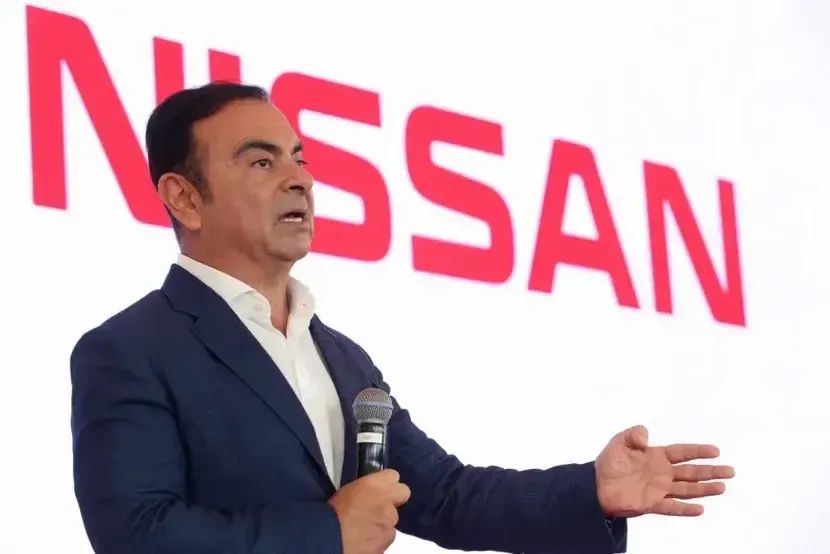
Carlos Ghosn, the former CEO of Nissan, was also not optimistic about the merger. In a recent interview with Bloomberg, he believed that "the merger between Nissan and Honda is both a desperate move and a last-ditch effort."
In Ghosn's view, this was not a pragmatic deal, "because it is difficult to find synergies between the two companies. There is little complementarity between them. They operate in the same market, with almost identical products and very similar brands."
He also revealed that Honda's internal attitude towards this merger proposal was actually not positive. Moreover, both Nissan and Honda are proud of their respective technologies, and a merger between the two is likely to lead to engineers not respecting each other.
Now it seems that his words have come to pass.
02 Nissan's Urgent Need for New Partners
On December 23, 2024, Honda Motor and Nissan Motor announced jointly that they had signed an MOU on the merger and would commence merger negotiations, aiming to reach a final agreement by June this year. The two companies planned to merge by jointly funding the establishment of a holding company, with both serving as subsidiaries of the holding company.
At that time, Honda CEO Toshihiro Mibe and Nissan CEO Makoto Uchida stated that the goal of the two companies was to become a "world-class mobility company with annual sales exceeding 30 trillion yen (approximately RMB 1.39 trillion) and annual operating profits exceeding 3 trillion yen (approximately RMB 139 billion)" through the merger.
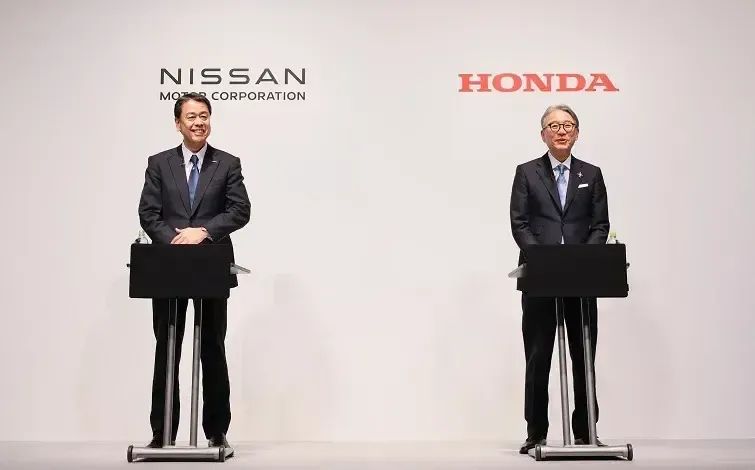
However, given Nissan's current financial state, it truly needs to find a backer.
According to a previous statement by a Nissan executive, with its current cash flow level, Nissan may only survive for 12-14 months, and it is urgent to introduce new investors.
In the first half of fiscal year 2024 (April to September), Nissan's net revenue decreased by 1.3% year-on-year to 5.98 trillion yen; operating profit plunged by 90.2% year-on-year to 32.908 billion yen, and the operating profit margin dropped from 5.6% in the same period last year to just 0.5%; net profit fell by 93.5% year-on-year to 19.223 billion yen.
To achieve profitability, Nissan is also undertaking drastic reforms, such as planning to lay off 9,000 employees globally and reduce global production capacity by 20%.
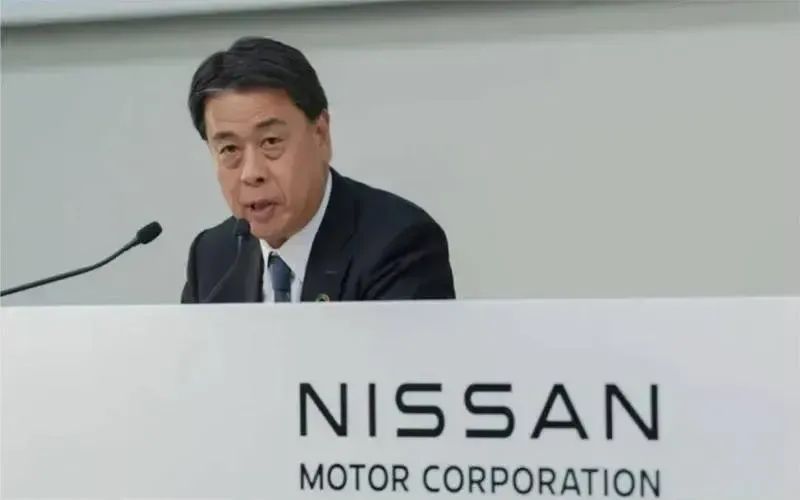
Sales, general, and administrative expenses are also being reduced, and CEO Makoto Uchida is taking the lead by voluntarily forgoing 50% of his monthly salary starting in November, with other executive committee members also voluntarily taking corresponding pay cuts.
Simultaneously, Nissan's management team is undergoing a reorganization. Stephen Ma, the current CFO of Nissan Motor, has returned to China to serve as the chairman of the Nissan China Management Committee, focusing on the future strategic implementation and operations of the Chinese market.
After the collapse of talks between Nissan and Honda, Bloomberg reported that insiders said Nissan's board of directors is urging CEO Makoto Uchida and other senior executives to submit a more detailed restructuring plan. The ideal partner would be from the technology industry and headquartered in the United States.
Their goal is to present a more in-depth reform plan when they release their quarterly financial report on February 13th.
Besides Honda and American companies, Hon Hai Technology Group (Foxconn), which previously shelved its acquisition of Nissan due to Honda's involvement, has not stated that it will no longer pursue the acquisition.
According to Reuters, two sources said that after the collapse of the historic merger negotiations with Honda, Nissan is open to cooperating with new partners, and one potential partner is Foxconn.
Foxconn is interested in Nissan's factory equipment, brand influence, and global operational service experience, and it intends to take full control without many additional conditions.
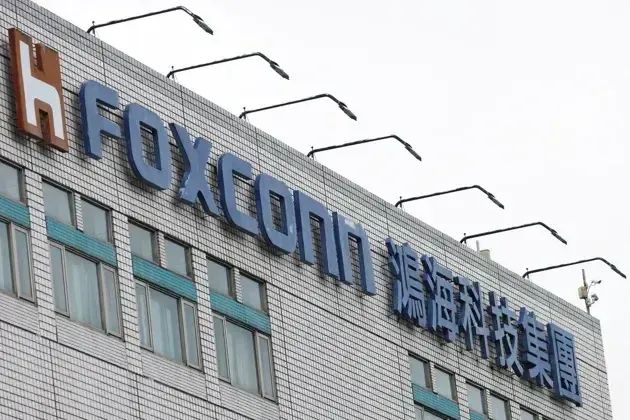
Moreover, Foxconn has already met with Renault, which owns 36% of Nissan's shares, and expressed interest in purchasing part of its stake in Nissan.
Another crucial point is that Guan Run, the Chief Strategy Officer (CSO) in charge of Foxconn's electric vehicle business, was once the third most important person at Nissan. He worked at Nissan for 33 years and held senior positions such as Executive Director and President of Dongfeng Motor Co., Ltd. He has a much deeper understanding of Nissan than other companies. Carlos Ghosn, the former CEO of Nissan, also said that for Nissan, cooperation with Foxconn holds more promise.
At that time, due to restrictions from Honda, the MOU on the merger negotiations between Nissan and Honda included a restrictive clause expressly prohibiting Honda or Nissan from negotiating with third parties during the negotiation period, with the intention of preventing Foxconn's acquisition.
Now that this MOU has been withdrawn, if no American company is willing to take over, Foxconn and Nissan have renewed hope for their potential partnership.








